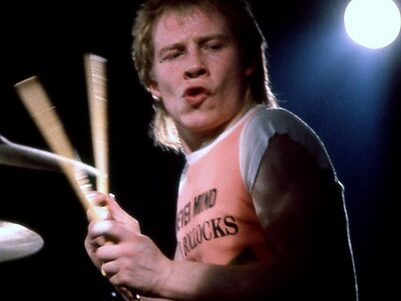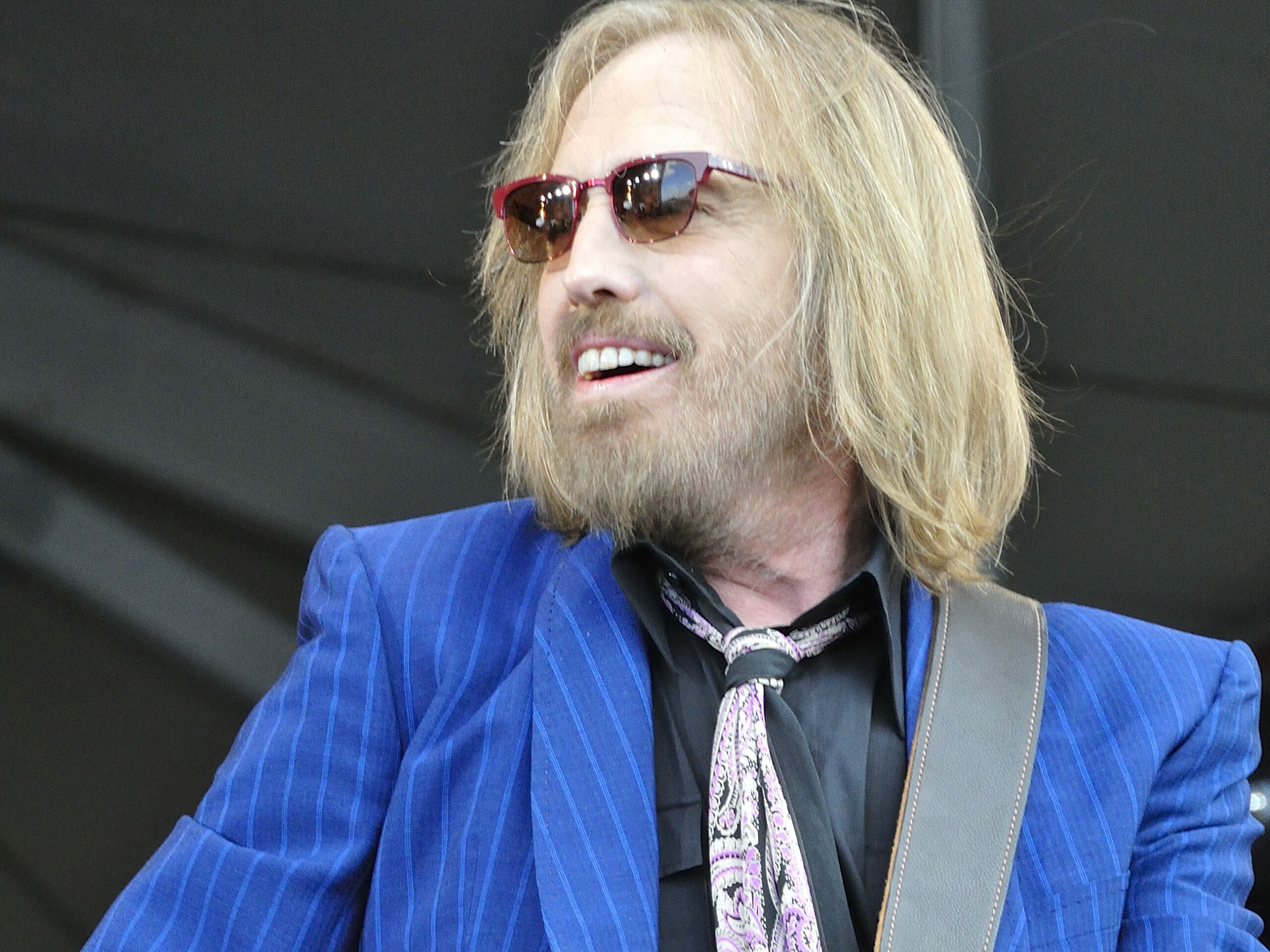
Music charts have always been a fiery arena where artists and censors clash over drug references, explicit content, and shameless product placements. Many musicians have found themselves in hot water—either banned or stirring up controversy with their tunes. Here are ten famous songs that were censored or banned.
Physical by Olivia Newton-John (1981)

Back when it came out, this song about getting physical stirred up a lot of fuss, even though it might seem mild today. The singer used racy lyrics that shook up her sweet image and launched a fresh start in her career. But those lyrics also sparked debate and got the song banned in some countries. The music video got axed from some TV lineups, including MTV’s, which was the go-to for cool stuff back then.
(Based on report by Entertainment Tonight)
Creep by Radiohead (1992)

This alt-rock classic didn’t immediately catch on despite becoming a lasting favorite. It caused a commotion among censors with its use of the F-word, but surprisingly, the BBC also kept it off playlists because they found it “too gloomy” for radio. However, the following year, the record label re-released it, and slowly but surely, it gained momentum until it became a global hit.
(Based on report by BBC)
Give Ireland Back To The Irish by Paul McCartney & Wings (1972)

Paul McCartney faced backlash when the debut single of his new band Wings was banned in February 1972 for being too political. The song was a response to Bloody Sunday—a tragic event on January 30th that year, where British troops fired at a civil rights march in Derry, Northern Ireland. The song was completely blocked from airing on radio and TV stations.
(Based on report by BBC)
God Save The Queen by Sex Pistols (1977)

John Lydon’s outspoken criticism of the idealized view of the monarchy during a time of economic challenges in 1977 was deemed too controversial to be the nation’s No. 1 hit during Queen Elizabeth II’s Silver Jubilee week. According to a persistent rumor, the track was quietly removed from consideration, allegedly allowing Rod Stewart to claim the top spot on the chart instead.
(Based on report by BBC)
We Call It Acieed by D-Mob (1989)

This famous early rave track reached number 3 on the UK charts but quickly faced a radio ban when it was linked to the emerging drug culture of Acid House music. The phrase “Get right on one matey” was misinterpreted as having a sinister drug-related meaning. The Sun, previously promoting smiley face t-shirts, shifted gears and ran headlines condemning the “Evil Of Ecstasy.” Other tabloids also misunderstood, associating “acid” with LSD instead of Ecstasy (Es).
(Based on report by BBC)
Kick Out the Jams by MC5 (1969)

This song stirred up controversy right from the start because it began with a swear word, which was also displayed on the album cover inside. As expected, this caused problems, and the record label had to be changed. They released two versions of the album—one with edits to both the cover and the song and another that changed only the cover. Despite all these efforts, some stores refused to sell any version of the album.
(Based on report by Guitar Player)
Space Oddity by David Bowie (1969)

Bowie’s contemplative take on the moon landings aimed to capitalize on the Apollo XI mission in July 1969. However, the BBC hesitated to play a record depicting an astronaut drifting into space while there was a real risk to Neil Armstrong, Buzz Aldrin, and Michael Collins in their lunar module. The song was quietly shelved by the BBC until after the astronauts returned safely to Earth. It was only then that Bowie’s single started to receive attention.
(Based on report by BBC)
You Don’t Know How It Feels by Tom Petty (1994)

Drug references have long been a sensitive issue for censors. Even Tom Petty, a huge star at the time, faced challenges getting this song on the air without some adjustments. Radio stations wanted to feature music from one of the biggest artists around but were cautious not to cause offense. They opted to play the word “joint” backward or substitute “hit another joint” for “smoke” in some versions. Despite these changes, the song still became popular.
(Based on report by Songfacts)
Money for Nothing by Dire Straits (1985)

Mark Knopfler, the lead singer, actually crafted the band’s biggest hit after an unexpected inspiration—while browsing in an appliance store of all places. He overheard store staff dissing an MTV video playing on their TVs. The song’s lyrics, which weren’t intended to reflect the band’s views, stirred controversy for being seen as homophobic. It took nearly three decades before the Canadian Broadcast Standards Council decided in 2011 to censor the song for violating their ethics code.
(Based on report by CSBC)
Lola by The Kinks (1970)

This song sparked a lot of fuss about whether it was about someone who dresses differently or identifies as transgender. In Australia, it got banned until radio stations cut out a controversial line. But that wasn’t all! In the UK, the BBC got upset because the song mentioned Coca-Cola, thinking it was sneaky advertising. So the band changed the lyrics to say “cherry cola” instead to get around the problem.
(Based on report by BBC)

